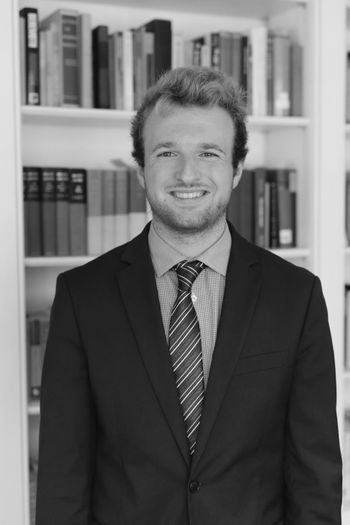UMass Boston ‘Queer of Color Critique’ course coming next semester
Students will examine the oppression of one identity group over another, such as racism within LGTBQ movements and vice versa.
One thing “queer of color critique” challenges is “the inherent whiteness of mainstream queer theory.”
The University of Massachusetts at Boston is offering its students a course called “Queer of Color Critique” next semester.
The course describes “queer of color critique” as an “emergent theoretical field.” The course methodology uses “LGTBQ people of color” experiences as its foundation, specifically in how those experiences challenge what it considers systems of oppression.
Specifically, students will examine the oppression of one identity group over another, such as racism within LGTBQ movements and vice versa.
“Activists, artists, and theorists have mobilized queer of color critique to interrogate the intersections of race, gender, sexuality, class, nation, and diaspora as a response to the inherent whiteness of mainstream queer theory and persistent heterosexism in ethnic studies,” the description says.
In short, the course has an intersectional lens and will “consider what queer theory has to say about empire, citizenship, prisons, welfare, neoliberalism, and terrorism; and articulate the role of queer of color analysis in a vision for racial, gender, sexual, and economic justice.”
The faculty for the course is Chris Barcelos, an associate professor at UMass Boston’s Women’s Gender Sexuality Studies Department, which is offering the course. Barcelos uses “they” as a personal pronoun.
Barcelos’ bio describes the associate professor as “an interdisciplinary scholar-educator whose work analyzes the social sites where sexuality, race, and power collide.” The associate professor’s first book is “Distributing Condoms and Hope: The Racialized Politics of Youth Sexual Health.”
[RELATED: Books related to defunct gender studies program removed by New College of Florida]
The book’s Amazon description says it is “a feminist ethnographic account of how youth sexual health programs in the racially and economically stratified city of “Millerston” reproduce harm in the marginalized communities they are meant to serve.”
Courses that use intersectionality abound in higher education. For example, the Harvard University Faculty of Arts and Sciences department is currently offering a course called “Queer Interventions in Latinx Studies.”
The description says the course “brings together the fields of Latinx studies, queer of color critique, and Decolonial feminism(s).”
Campus Reform contacted UMass Boston, the Women’s Gender Sexuality Studies Department, and Chris Barcelos for comment, asking what they hope students get from the course. Campus Reform also requested a course syllabus or reading list. This story will be updated accordingly.

